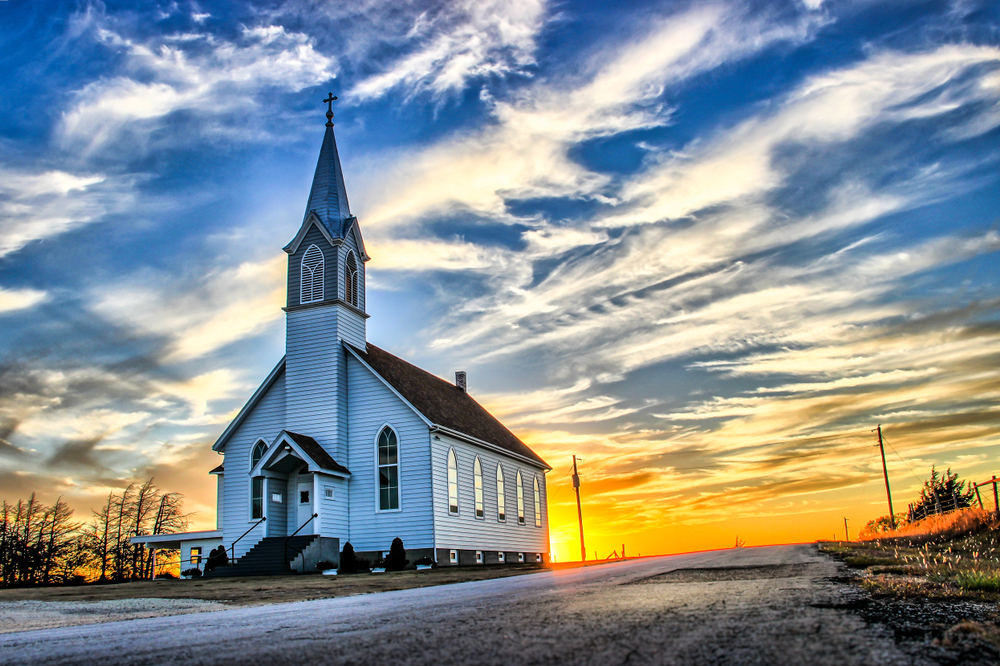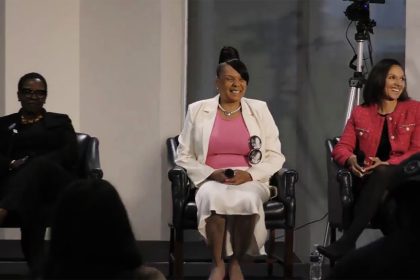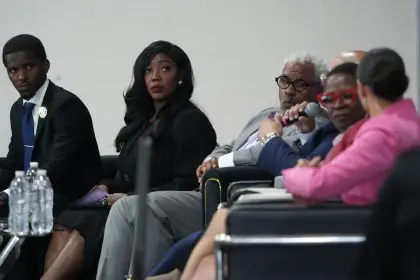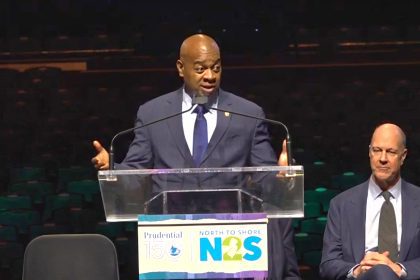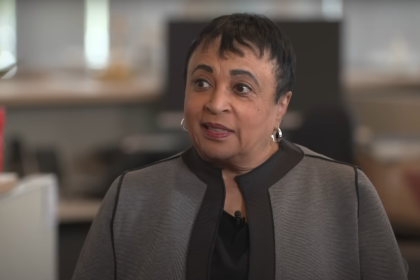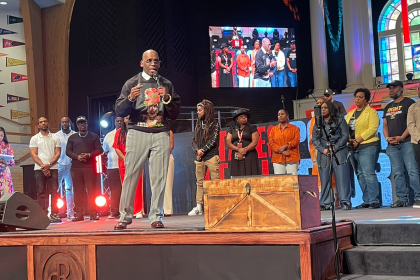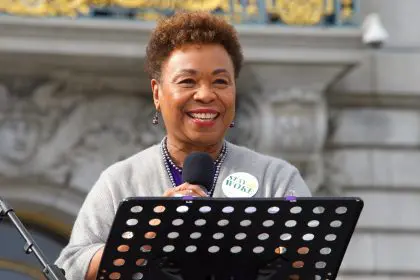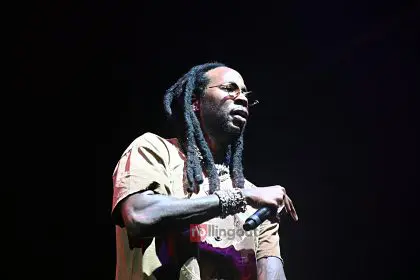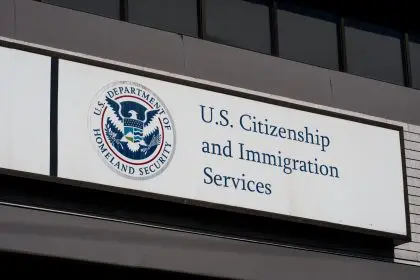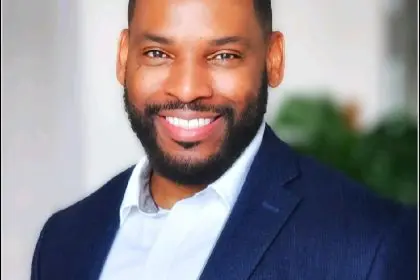Philadelphia, a city steeped in history, is home to two iconic churches that have played pivotal roles in shaping American society: Christ Church and Mother Bethel African Methodist Episcopal (AME) Church. These institutions not only reflect the spiritual heritage of the nation but also serve as vital community hubs amid today’s political divisions.
Christ Church: A beacon of early American history
Founded in 1695, Christ Church was the first parish of the Church of England in Pennsylvania. It has hosted notable figures such as Washington and Franklin, who worshiped within its historic wooden pews. This church was central to colonial America’s break from the Church of England and is where the U.S. Episcopal Church was born.
As the nation grappled with its identity, Christ Church became a microcosm of the political tensions of the time. On July 4, 1776, the church’s vestry made a bold statement by removing the king’s name from the Book of Common Prayer, symbolizing the shift towards independence. This act of defiance is preserved in an underground museum, showcasing the church’s revolutionary spirit.
Mother Bethel AME church: A sanctuary for freedom
Less than a mile from Christ Church, Mother Bethel AME stands on the oldest parcel of land continuously owned by Black Americans. Founded by Rev. Allen, who was born into slavery, this church emerged as a response to racial segregation within the Methodist Episcopal Church. Allen and fellow Black worshippers were relegated to the upstairs galleries during services, prompting them to establish a congregation that would champion freedom and equality.
Mother Bethel AME became a refuge for those escaping slavery via the Underground Railroad and a significant gathering point during the Civil Rights Movement. Today, the AME Church boasts over 2.5 million members worldwide, continuing its mission of advocacy and community support.
Modern-Day reflections on political division
As the nation approaches a contentious presidential election, members of both churches express concerns about the political climate. Morris, a parishioner at Christ Church, reflects on the deep divisions that persist, stating, “We’ve grown as a nation, but I think at this point, we’re at a standstill. We’re terribly divided.” Her perspective highlights the ongoing struggle for unity in a country that has seen significant social progress yet remains fractured.
Matthews, a member of Mother Bethel AME, echoes similar sentiments, noting that despite the abolition of slavery and the passage of the Civil Rights Act, racial tensions continue to exist. He emphasizes the need for spaces where Black individuals can come together to address these issues, stating, “There’s still a lot of hatred and misunderstanding among the races.”
The role of faith in political engagement
Both churches serve as platforms for political engagement and community organizing. Vincent-Alexander, the first woman to serve as rector of Christ Church, acknowledges the challenges of navigating a politically diverse congregation. She emphasizes the importance of addressing the current political environment while fostering dialogue among members with differing viewpoints.
At Mother Bethel AME, Tyler encourages his congregation to participate in the electoral process, recognizing the historical significance of their church in advocating for social justice. He points out that while progress has been made, there is still much work to be done to bridge racial inequalities.
A call to action
As the nation stands at a crossroads, the legacies of Christ Church and Mother Bethel AME remind us of the importance of community, faith, and activism. The conversations happening within these sacred spaces reflect broader societal challenges, urging individuals to engage thoughtfully in the democratic process. As parishioner Hill aptly puts it, the question remains: “Is the sun rising, or is the sun setting on democracy?” The continuity of these churches is vital, serving as a beacon of hope and resilience for future generations.

